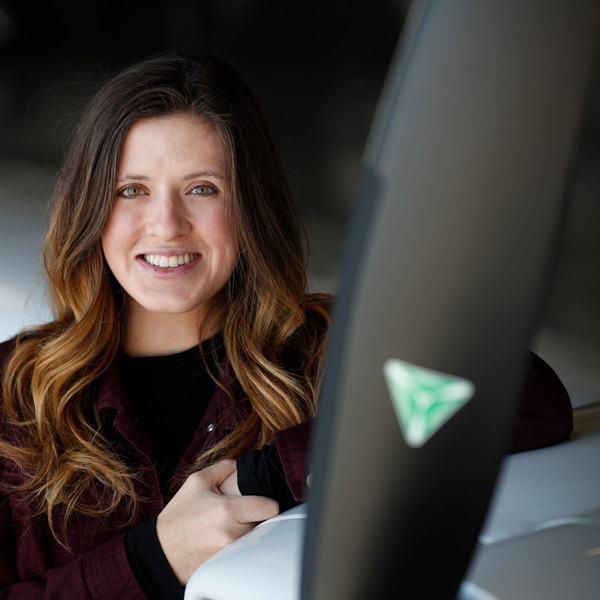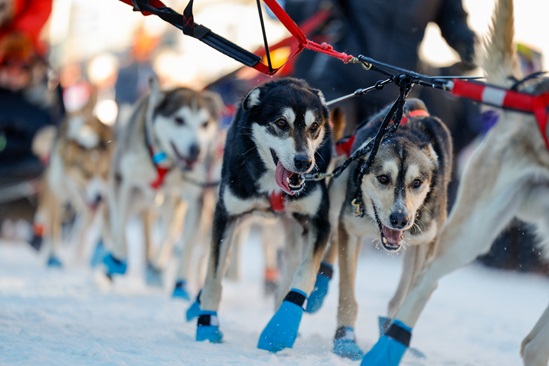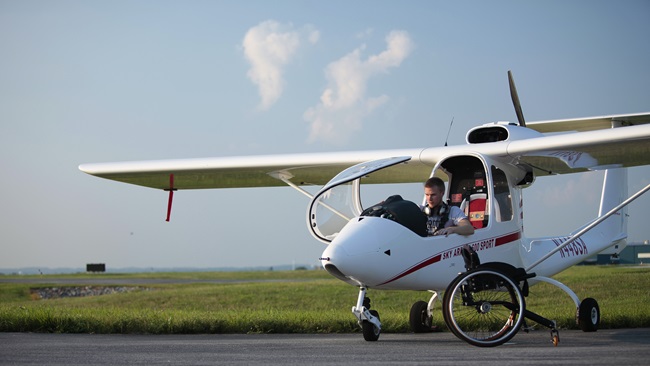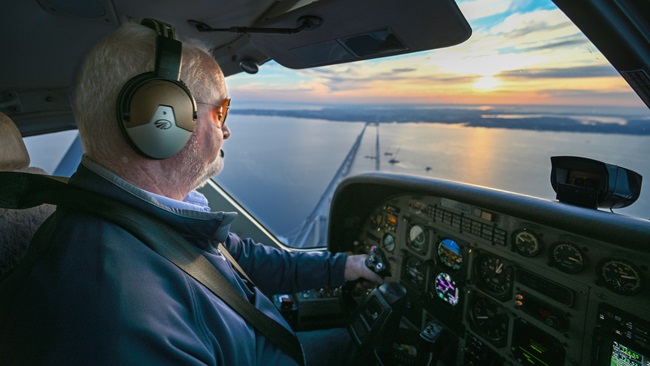Pilots recruited to rescue survivors of human trafficking
'We basically have our finger in the dam'
Two Nashville-based pilots have launched a nonprofit organization with a mission to bring together a network of aviators from across the United States to transport survivors of human trafficking and their advocates.
Freedom Aviation Network (FAN) was founded in October by Stephanie Lamar and Jared Miller, and the mission of the organization is to “provide safe, efficient, and rapid air transportation for survivors of human trafficking and their advocates.” Since then, volunteers with the organization have completed more than 20 flights.
FAN volunteers work with the National Trafficking Sheltered Alliance and organizations dedicated to combating human trafficking, like Rescue 1 Global, to get connected with survivors and their advocates who need transportation.
Right now they are serving approximately 250 miles around the Nashville center, but calls are coming in from across the country, and FAN organizers want to be able to make these resources available for survivors of human trafficking across the United States.
“Our biggest goal right now is pilot recruiting,” said Lamar. “Right now we basically have our finger in the dam because without more pilots we can’t serve more areas.”
Lamar, who serves as the organization’s operations officer, and Miller, who serves as the executive director, were both pilots who worked in the nonprofit space when they first connected about the growing endemic that is human trafficking.
Each brings experience and background that is uniquely suited to this kind of sensitive work. Lamar is a commercial pilot and flight instructor working her way to first officer in the airlines. She also is the president of Nashville Peacemakers, an organization dedicated to providing recovery support for those experiencing violence and poverty in the Nashville community. Prior to the founding of FAN, Nashville Peacemakers was receiving calls about human trafficking and missing girls, which is when Lamar reached out to Miller because of his work in the human trafficking community.
Miller is an entrepreneur who has worked in government, missions, nonprofits, and international development. His work with Rescue 1 Global paved the way for the first flights of FAN—when the organization was still in its infancy and hadn’t even been named yet.
The organization is growing primarily thanks to word of mouth. Lamar has recruited several people by just calling them up and asking for their support. Once people learn about the mission, they are enthusiastic to volunteer. “Usually if we get one pilot we get five,” said Lamar. Even nonpilots are eager to offer their time and skill in whichever way they can. Lawyers have volunteered their services, people have donated their tech knowledge to help build the website. Even a filmmaker offered to document their mission to help raise awareness.
One way the organization hopes to spread the word is through a May 13 public launch event and fundraiser. Hosted at Azure Flight Support at Smyrna Airport, this semiformal event will have presentations from FAN organizers, law enforcement, advocates, and some of the pilots who have flown survivors.
Private aviation is the preferred travel method for transporting human trafficking survivors because other transportation options, like commercial flight, are often difficult to coordinate. Survivors frequently don’t have identification, so commercial travel becomes a transportation barrier.
“People don’t realize that transportation is one of the first ways that people get trafficked,” Lamar said. “Transportation in itself can be a little traumatic for some of these people because that’s how they got introduced to it.” For this reason, FAN volunteers will always have additional support on the flight. “We always take an advocate. We want people to know they’re not responsible for the person,” Lamar said. FAN volunteers just handle the transport.
Because of the nature of the work the volunteers are doing, it’s essential they recognize and prepare for what they may encounter and set boundaries for their own comfort. When a pilot signs up to volunteer on the website, an organizer from FAN will call them to discuss the program.
The intake call is important because it assess the comfort and availability of the pilot. Volunteers are encouraged to set their own risk comfort level. FAN flights could be high-risk situations such as escorting survivors fleeing trafficking situations, but pilots could also find themselves flying survivors for court dates or home visits, or even flying in advocates or investigators for cases.
“We can’t open an area unless we have at least five pilots in the area,” said Lamar, who is wary to advertise FAN’s services unless they have the support for survivors in the area. “We need pilots.”




